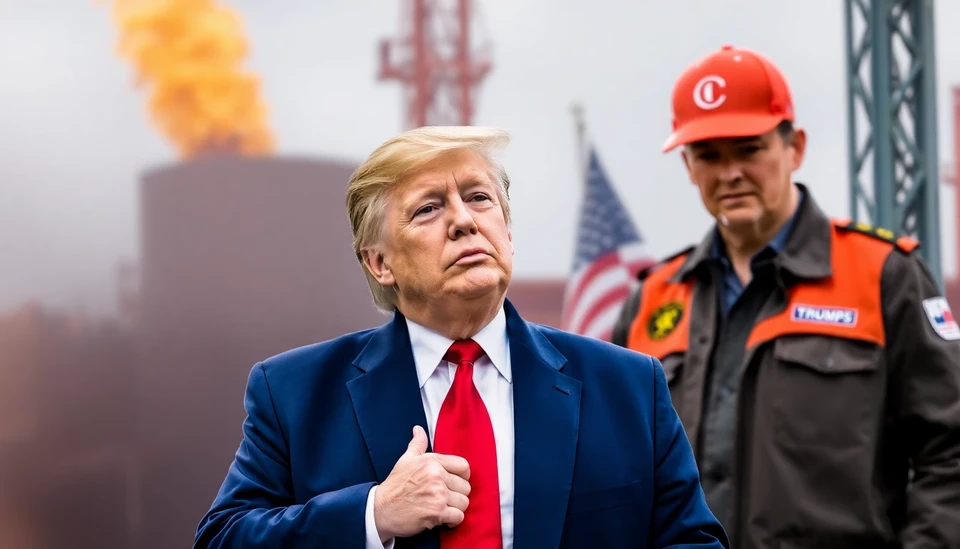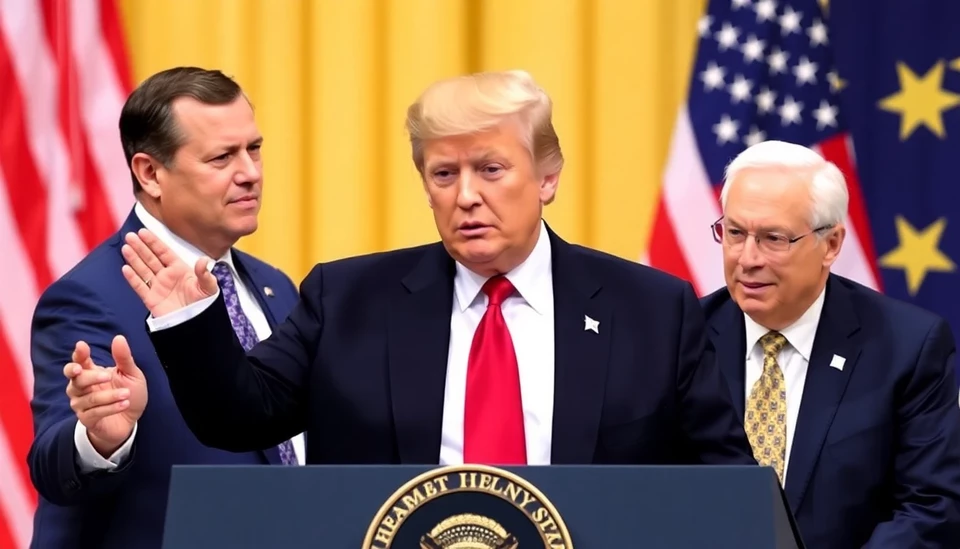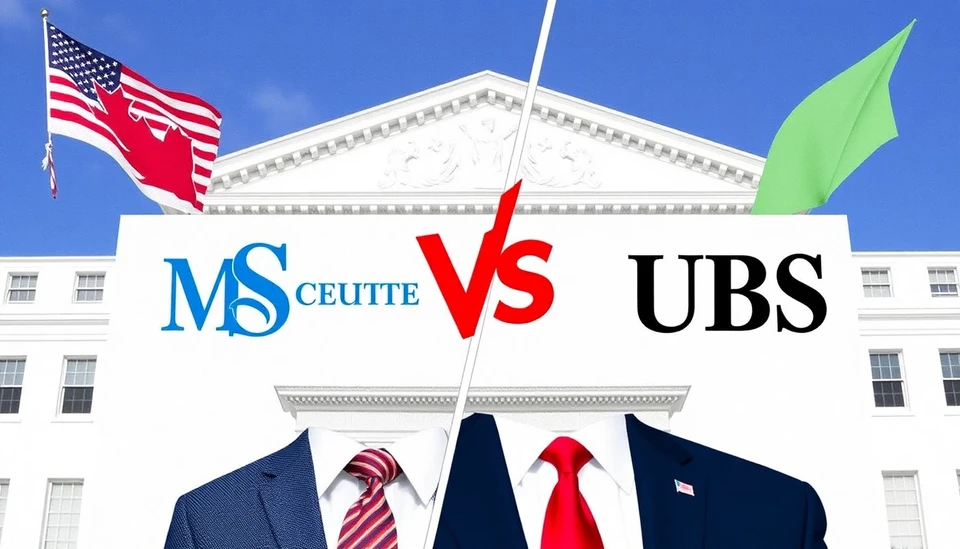
Former President Donald Trump has announced a significant revision to the proposed vehicle tax break plan, which will notably exclude cars from Asian and European manufacturers. This move has stirred controversy and raised questions about the impact on the automotive market and the relationship between the U.S. and foreign car producers.
The decision comes at a critical time as the automotive sector is navigating challenges posed by supply chain disruptions and a growing push towards electric vehicles. Trump's plan is aimed at boosting domestic manufacturing and is intended to incentivize consumers to purchase American-made cars through substantial tax breaks. However, the exclusion of foreign-made vehicles could create geopolitical tensions and affect the market share of various automakers.
Trump's administration highlighted the rationale behind this exclusion, arguing that it would protect American jobs and promote local industry. In a statement, Trump emphasized the need for American independence in vehicle production and the importance of supporting domestic manufacturers in an increasingly competitive global market.
Critics of the plan, however, argue that such exclusions could limit consumer choice and lead to higher prices for vehicles. They assert that many consumers prefer the engineering and features offered by foreign car manufacturers. Additionally, industry experts worry that the exclusion could spark retaliatory measures from countries affected by this policy, potentially harming American exports in other sectors.
This announcement has also brought to light the delicate balance the U.S. government must maintain between protecting domestic industries and upholding free trade agreements. The automotive industry, which heavily relies on global supply chains, can be deeply affected by such policy changes. Experts predict that the fallout could lead to further complications in the already strained relationships between the U.S. and other automotive-producing nations.
As reactions continue to pour in from various stakeholders, including automotive companies, consumer advocacy groups, and foreign governments, the long-term implications of Trump's plan remain uncertain. Observers will be closely watching how this policy might influence consumer behavior and the competitive landscape of the automotive industry as a whole.
In conclusion, Trump's modified vehicle tax break plan raises significant questions about economic policy and international relations, with implications that extend beyond the automotive sector. As the plan unfolds, it will be crucial to see how both domestic and international actors respond to these changes.
#Trump #VehicleTaxBreak #AutomotiveIndustry #DomesticManufacturing #ConsumerChoice #TradePolicy #ElectricVehicles #CarManufacturing
Author: John Harris




